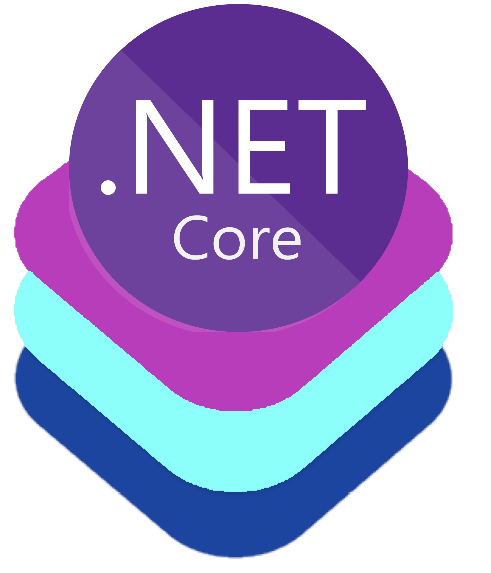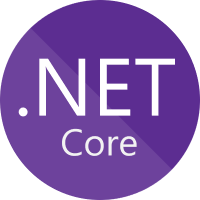20
FebIs .Net Worth Learning in 2025? Your Roadmap to Career in .Net
Yes, .NET is a free, cross-platform, and open-source programming framework that enables the development of various web, mobile, and cloud computing applications. One technology that consistently holds a strong position in the full stack development landscape is Microsoft’s .NET. Entering 2025, .NET continues to stand out as a versatile, high-performance, and security-focused framework making it a top contender for building scalable, modern full stack applications.
Have you ever thought about working on Microsoft technology? Do you want to build your career in .NET? In this.NET tutorial, we will analyze whether it's worth investing our time and effort in learning such a dynamic technology in this Artificial Intelligence and Data Science era.
Evolution of the .NET Platform
.NET Framework Version History
| Year | .NET Version | CLR Version | C# Version | Features and Enhancements |
| 2002 | 1.0 | 1.0 | 1.0 | Initial release – OOP support for Web development. |
| 2003 | 1.1 | 1.1 | 1.2 | Added support for ADO.NET classes for Oracle database and ODBC database connectivity. |
| 2005 | 2.0 | 2.0 | 2.0 | New CLR 2.0, Enhancement of ASP.NET & ADO.NET, Generics Types, Partial Types, Anonymous methods, Nullable Types |
| 2006 | 3.0 | 2.0 | 3.0 | Windows Presentation Foundation (WPF), Windows Communication Foundation (WCF), Windows Workflow Foundation (WWF) were introduced. |
| 2007 | 3.5 | 2.0 | 3.0 | Build-in-Support for AJAX, Language Integrated Query (LINQ) |
| 2010 | 4.0 | 4.0 | 4.0 | New CLR 4.0, Task Parallel Library (TPL), Managed Extensibility Framework (MEF), and Dynamic Language Runtime (DLR) were introduced in this release. |
| 2012 | 4.5 | 4.0 | 5.0 | Support for Windows Store, enhancements of WPF, WCF, WF, MEF, and ASP.NET. |
| 2013 | 4.5.1 | 4.0 | 5.0 | Performance and debugging improvements. |
| 2014 | 4.5.2 | 4.0 | 5.0 | ASP.NET API enhancements, New Workflow features, and Debugging improvements features were added in this release. |
| 2015 | 4.6 | 4.0 | 6.0 | New 64-bit JIT compiler, Assembly Loader improvements, enhancements to Garbage Collector |
| 2017 | 4.7 | 4.0 | 7.0 | High DPI support for Windows Forms controls, Touch support for WPF in Windows 10, Enhanced cryptography support, performance, and reliability improvements. |
| 2019 | 4.8 | 4.0 | 7.3 | JIT improvements, Malware scanning for Assemblies, and Accessibility Enhancements |
.NET Core Version History
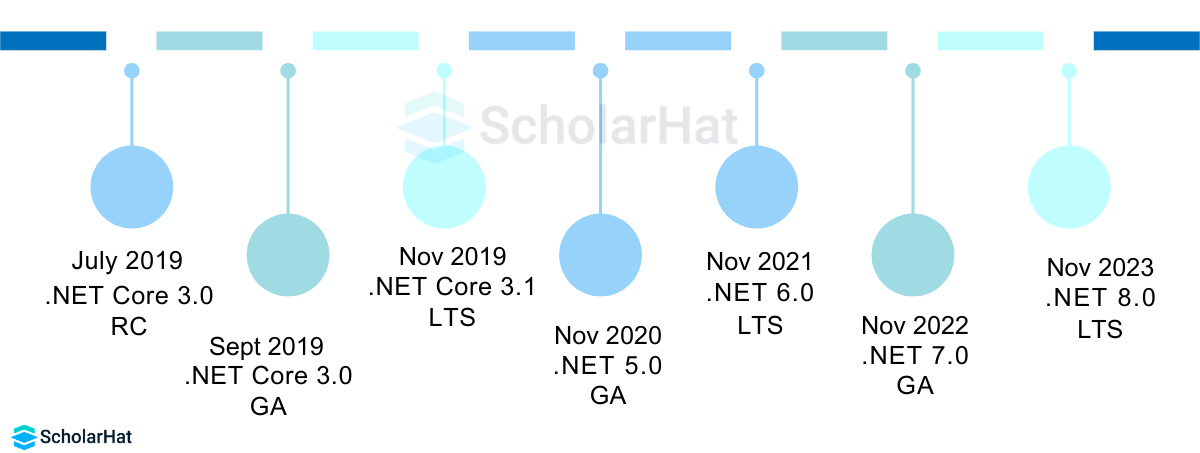
| Year | .NET Core Version | C# Version | Features and Enhancements |
| 2016 | .NET Core 1.0 | 6.0 | Lightweight, cross-platform framework, featuring modular architecture, high performance, and command-line tools, alongside support for Linux, macOS, and Windows, and notable enhancements in security and runtime capabilities. |
| 2017 | .NET Core 2.0 | 7.0 | Expanded platform support, and enhanced tooling, including improved compatibility with .NET Framework APIs, and integration with Visual Studio 2017 |
| 2018 | .NET Core 2.1 | 7.3 | Improved build times and runtime speed, along with new features like Span<T> and Memory<T>, and enhancements to ASP.NET Core, Entity Framework Core, and SignalR |
| 2018 | .NET Core 2.2 | 7.3 | New features such as endpoint routing in ASP.NET Core, improvements to Entity Framework Core, and enhanced Docker support |
| 2019 | .NET Core 3.0 | 8.0 | Support for Windows Desktop applications, including Windows Forms and WPF, along with improved performance, enhanced support for C# 8.0 features, and new capabilities in ASP.NET Core, Entity Framework Core, and Blazor |
| 2019 | .NET Core 3.1 | 8.0 | Long-term support (LTS) with performance improvements, enhanced JSON APIs, support for HTTP/2, and improvements in Blazor, Entity Framework Core, and ASP.NET Core |
| 2020 | .NET5 = .NET Core5 | 9.0 | Simply called as .NET5. Enhanced support for cloud-native development, high-performance JSON APIs, and improved performance for web applications and services. |
| 2021 | .NET 6 | 10 | .NET MAUI for cross-platform app development, enhanced support for cloud-native scenarios, and optimized runtime and tooling experiences for building modern applications. |
| 2022 | .NET 7 | 11 | boasts performance boosts with native AOT and on-stack replacement while streamlining developer experience with improved CLI and Blazor WebAssembly support. |
| 2023 | .NET 8 | 12 | Blazor web UI unification, and JSON enhancements, delivering faster, more versatile, and data-driven applications. |
Read More - Top 50 .Net Interview Questions
Current State of ASP.NET8
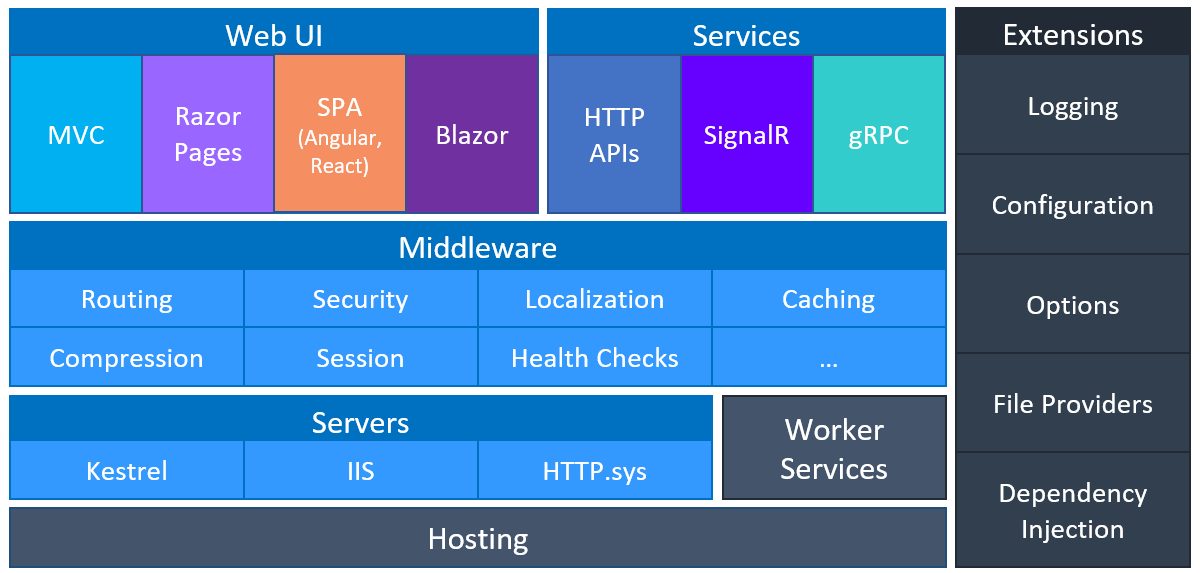
- ASP.NET Core Adoption: ASP.NET Core offers improved performance, modularity, and cross-platform support compared to traditional ASP.NET.
- .NET 6 and ASP.NET Core 6: It is the latest Long-Term Support (LTS) version of the .NET platform. ASP.NET Core 6 is part of .NET 6 and includes enhancements and new features for web development.
- Blazor: Blazor enables the development of single-page applications (SPAs) with rich, interactive user interfaces, entirely in C# without the need for JavaScript.
- Cloud-Native Development: ASP.NET Core provides robust support for cloud-native development and microservices architecture. It integrates seamlessly with cloud platforms like Microsoft Azure, enabling developers to build scalable, resilient, and highly available web applications.
- Community Support and Resources: Microsoft continues to invest in ASP.NET and regularly releases updates, patches, and new features to address developer needs and improve the framework.
Overall, ASP.NET remains a relevant and powerful framework for building modern web applications.
Current Trends In ASP.NET
- Microservices and Cloud-Native Development
- ASP.NET Core provides robust support for building microservices-based architectures and cloud-native applications.
- Integration with cloud platforms like Microsoft Azure enables seamless deployment, scaling, and management of ASP.NET Core applications.
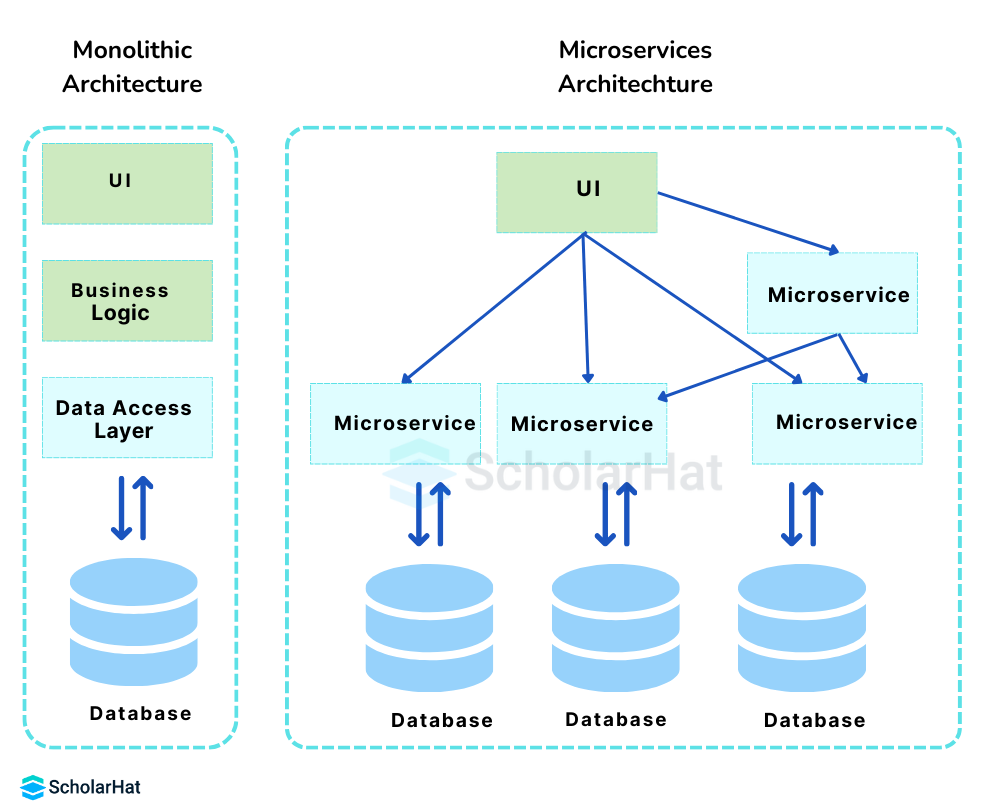
- Serverless Computing
- ASP.NET Core supports serverless deployment models, allowing developers to build and deploy serverless applications using platforms like Azure Functions.
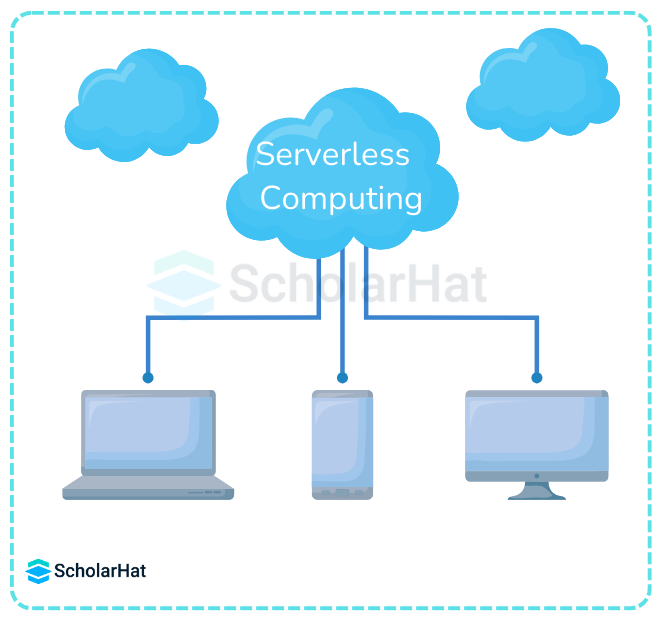
- Machine Learning and AI Integration
- ASP.NET Core supports ML and AI libraries, allowing developers to incorporate advanced analytics, predictive modeling, and natural language processing into their applications.
- Containerization and Docker
- Containerization using technologies like Docker is increasingly used for packaging and deploying ASP.NET Core applications.
- Blazor and WebAssembly
- Blazor enables developers to build single-page applications (SPAs) without needing JavaScript by leveraging WebAssembly.
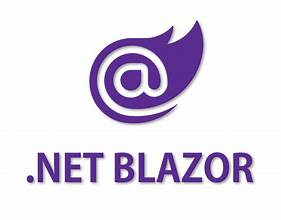
- Progressive Web Applications (PWAs)
- ASP.NET Core supports the development of PWAs by providing features such as service workers, offline support, and responsive design.
- Cross-Platform Mobile App Development
- Xamarin allows ASP.NET developers to use C# programming language for back-end code such as business logic, data access, and native API access. With this framework, ASP.NET developers can build responsive Android, iOS, tvOS, watchOS, macOS, and Windows apps.
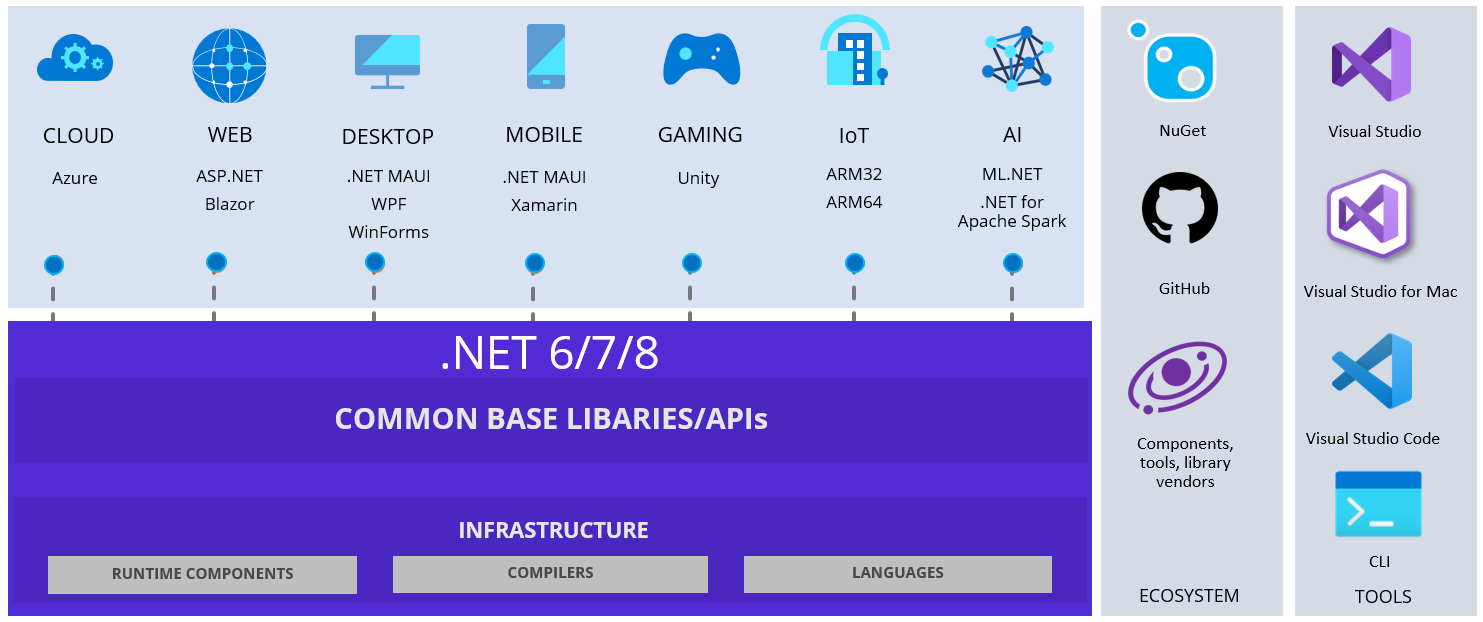
- IoT-Enabled Application Solutions
- ASP.NET developers can now leverage .NET IoT Libraries to create apps that can interact with specialized hardware such as sensors, analog-to-digital converters, and LCD devices.
Demand for .Net Developers
The demand for .NET developers remains consistently high in the software development industry, due to several factors:
- Enterprise Adoption: Many large enterprises and organizations rely on .NET for building mission-critical applications hence, there is a continuous demand for skilled .NET developers to maintain, enhance, and develop new solutions within these environments.
- Legacy Systems Maintenance: Numerous legacy systems and applications are built on the .NET framework. These systems require ongoing support, updates, and modernization efforts, creating a demand for .NET developers with expertise in maintaining and migrating legacy applications.
- Web and Cloud Development: With the rise of cloud computing and modern web development practices, there is an increasing demand for .NET developers skilled in ASP.NET Core, Azure, and other cloud-native technologies.
- Cross-Platform Development: .NET developers can now build cross-platform applications that run on Windows, Linux, and macOS, as well as mobile applications with Xamarin. This versatility has increased the demand for .NET developers with cross-platform development skills.
- Emerging Technologies: .NET continues to evolve, embracing emerging technologies such as machine learning, IoT, etc. As organizations explore these technologies to gain a competitive edge, there is a growing demand for .NET developers with expertise in integrating and leveraging these technologies within their applications.
- Market Dynamics and Job Trends: Job market data and trends consistently show a strong demand for .NET developers across various industries and geographic regions. Job boards, recruitment agencies, and industry reports often highlight .NET development roles among the most sought-after positions in the software development industry.
Get Certified & Boost Your Career: Enroll in .Net Training Today!
|
Learning Curve and Time Investment
We'll see some factors that can decide this:
- Prior Programming Experience: If you already have experience with programming languages like C#, Java, or Python, transitioning to .NET development may be smoother for you.
- Learning Resources: Access to high-quality learning resources such as online tutorials, documentation, books, video courses, and interactive platforms like ScholarHat can expedite your learning journey.
- Practice and Hands-On Experience: Building real-world projects, practicing coding exercises, and participating in coding challenges, contribute to gaining practical experience.
- Depth of Knowledge: Becoming proficient in .NET development involves mastering various aspects of the framework, including web development with ASP.NET, desktop application development with WinForms or WPF, database integration with Entity Framework, cloud development with Azure, and more. Determine your areas of interest and focus on acquiring in-depth knowledge and expertise in those domains.
- Continuous Learning and Growth: Technology is constantly evolving, and staying updated with the latest trends, best practices, and advancements in the .NET ecosystem is crucial for long-term success as a developer.
There's a need to concentrate on consistent learning, practical application of concepts, and continuous improvement to achieve your goals as a .NET developer.
Financial Viability and Salary Prospects
This depends on various factors:
- Experience
Data Source: https://www.payscale.com/research/IN/Job=.NET_Software_Developer_%2F_Programmer/Salary
- Location
Location Average Base Salary/year (In INR) Delhi ₹439,162 Mumbai ₹428,674 Kolkata ₹338,000 Hyderabad ₹415,746 Banglore ₹597,475 Data Source: https://www.payscale.com/research/IN/Job=.NET_Software_Developer_%2F_Programmer/Salary
- Employer
Data Source: https://www.ambitionbox.com/profile/dot-net-developer-salary
- SkillSet
Skill Set Average Base Pay/annum (In INR) C# ₹448,978 Microsoft SQL Server ₹435,032 ASP.Net Framework ₹422,328 Bootstrap ₹500,000 .Net Core ₹685,000 Data Source: https://www.payscale.com/research/IN/Job=.NET_Software_Developer_%2F_Programmer/Salary
User Statistics Of ASP.NET

- Industry Adoption: ASP.NET, as a web development framework, is widely used across various industries, including finance, healthcare, e-commerce, government, education, and technology.
- Microsoft Ecosystem: ASP.NET is a part of the broader Microsoft ecosystem, which includes technologies like the .NET Framework, .NET Core, Visual Studio, Azure, and SQL Server.
- ASP.NET Core Adoption: With the introduction of ASP.NET Core, there has been increased interest and adoption of ASP.NET among developers. ASP.NET Core offers benefits such as improved performance, modularity, and cross-platform support, making it an attractive choice for modern web development.
- Developer Community: ASP.NET has a large and active developer community, with resources, documentation, forums, and online communities available to support developers in learning, troubleshooting, and sharing knowledge related to ASP.NET development.
- Job Market: ASP.NET developers are in demand in the job market, particularly for roles requiring expertise in ASP.NET MVC, ASP.NET Core, C#, SQL Server, and front-end technologies like HTML, CSS, and JavaScript.
- Migration and Modernization: Many organizations are migrating their existing ASP.NET applications to ASP.NET Core for improved performance, scalability, and compatibility with modern development practices and deployment scenarios.
Types Of Projects You Can Develop With ASP.NET
Here are some types of projects you can develop using ASP.NET to improve your career prospects in .Net:
- Web Applications: ASP.NET is commonly used for building dynamic and interactive web applications, including:
- Enterprise web applications for businesses, such as customer relationship management (CRM) systems, enterprise resource planning (ERP) systems, and human resource management (HRM) systems.
- E-commerce platforms and online storefronts for selling products and services.
- Content management systems (CMS) for managing and publishing digital content on websites.
- Business Portals and Intranet Sites: ASP.NET is suitable for creating internal portals and intranet sites that facilitate communication, collaboration, and information sharing within organizations.
- Social Networking Platforms: ASP.NET can be used to develop social networking platforms and online communities where users can connect, communicate, and share content.
- Custom Web Services: ASP.NET enables developers to create custom web services using technologies like ASP.NET Web API or ASP.NET Core Web API. These services can be used to expose functionality and data to client applications, mobile apps, and other systems through APIs (Application Programming Interfaces).
- Real-Time Applications: ASP.NET can be utilized to build real-time applications, such as chat applications, collaboration tools, and live dashboards, using technologies like SignalR for WebSocket-based communication and real-time updates.
- Microservices Architecture: ASP.NET Core is well-suited for developing microservices-based architectures, where applications are composed of loosely coupled and independently deployable services.
- Progressive Web Applications (PWAs): ASP.NET Core supports the development of Progressive Web Applications (PWAs) that offer a native app-like experience to users. PWAs leverage modern web technologies, service workers, and responsive design principles to deliver fast, reliable, and engaging experiences across devices and platforms.
- Internet of Things (IoT) Applications: ASP.NET can be used to develop web applications and services that interact with IoT devices and sensors. These applications may collect, analyze, and visualize data from IoT devices to monitor and control physical objects and environments.
- Microsoft's Commitment to the .NET Ecosystem: Microsoft remains committed to the .NET ecosystem and continues to invest in the development of ASP.NET, .NET Core, and related technologies.
As developers and organizations embrace ASP.NET Core and leverage its capabilities for building modern web applications, ASP.NET is poised to remain a relevant and influential framework in the years to come.
Future Growth Of .NET
The growth potential of .Net is very promising due to the contribution of several factors that are even contributing to the .NET development in 2025
| Technology | Features |
| ML.NET | Open-source ML framework, personalized recommendations |
| Blazor | Component-based architecture and seamless integration with client-side and server-side rendering for modern and responsive user experiences |
| .NET MAUI | cross-platform applications using a single codebase, with native UI controls, responsive layouts, and seamless integration across mobile, desktop, and web platforms. |
| .NET Aspire | streamlines the configuration and interconnection of different parts of your cloud-native app. |
| Azure Kubernetes Service | provides managed Kubernetes clusters with automatic upgrades, scaling, and monitoring, enabling developers to deploy, manage, and scale containerized applications seamlessly on Azure infrastructure. |
| Azure OpenAI | offers AI-powered solutions and services, enabling developers to build intelligent applications and harness the power of AI at scale on Microsoft Azure infrastructure. |
Practical Steps to Learn .Net in 2025
Let's look at the learning path for .NET which will make .NET worth learning in 2025
- Understand the Basics of Programming: Start by learning the fundamentals of programming languages such as C#, which is widely used in .NET development. Understand concepts like variables, data types, control structures, functions, and object-oriented programming (OOP) principles.
- Learn .NET Fundamentals: Familiarize yourself with the .NET framework, including its architecture, components, core functionalities, Common Language Runtime (CLR), Base Class Library (BCL), and concepts like assemblies, namespaces, and types.
- Choose a Learning Path: Determine your area of interest and work on it. It can be web development with ASP.NET, desktop application development with WinForms or WPF, mobile app development with Xamarin, or cloud development with Azure.
- Explore Learning Resources: Take advantage of online tutorials, documentation, books, video courses, and interactive platforms to learn .NET development.
- .NET Tutorial For Beginners
- ASP.NET Core Tutorial For Beginners
- ASP.NET Core Course
- .NET Microservices Course
- Build Projects: Apply your knowledge by working on real-world projects and coding exercises. It will help you solidify your understanding of concepts, develop problem-solving skills, and create a portfolio to showcase your work to potential employers.
- Full-Stack .NET Developer Certification Training Program
- Advanced Full-Stack .NET Developer Certification Training
- .NET Solution Architect Certification Training
- ASP.NET Core Certification Training
- .NET Developer Training With Certification
- Practice Regularly: Dedicate time to practice coding regularly. Solve coding challenges, participate in hackathons, and contribute to open-source projects to hone your skills, learn from others, and stay motivated.
- Stay Updated: Follow blogs, attend webinars, join developer communities, and participate in forums to engage with fellow developers and stay informed about industry trends and innovations.
- Seek Feedback and Mentorship: Solicit feedback on your code and projects from peers, mentors, and experienced developers.
- Apply for Jobs and Internships: Start applying for entry-level positions, internships, or freelance opportunities in .NET development. Tailor your resume and cover letter to highlight your relevant skills, projects, and experiences.
We at ScholarHat offer the following .Net Online Courses and tutorials to learn .NET in a comprehensive manner
ScholarHat offers you the following Certifications where you will work on building real-world projects
Read more:
- .NET8 Developer Roadmap for 2025
- What is the difference between .NET 7 and 8?
- What's new in .NET 8? Discover ALL .NET 8 Features
- Why a Tech Stack .NET Developer Should Upskill?
- .NET Developer Should Learn Azure or AWS?
FAQs
Take our Net skill challenge to evaluate yourself!

In less than 5 minutes, with our skill challenge, you can identify your knowledge gaps and strengths in a given skill.






